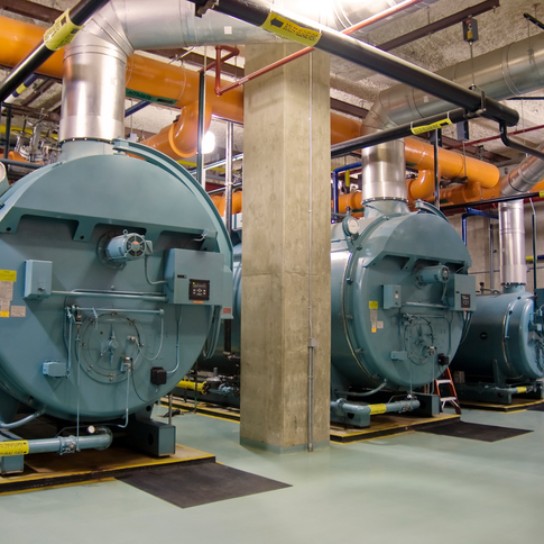corrosion scale inhibitor
Corrosion Scale Inhibitors A Key to Extending Infrastructure Lifespan
Corrosion is a natural process that occurs when materials, particularly metals, deteriorate due to environmental interactions. This phenomenon presents a significant challenge in various industries, from construction to manufacturing and energy production. To combat corrosion, the use of corrosion scale inhibitors has become increasingly critical. These chemical compounds not only help in protecting infrastructures but also play an essential role in maintaining operational efficiency and lowering costs associated with repairs and replacements.
Corrosion inhibitors are substances that, when added to a system, decrease the rate of metal degradation. They typically work by creating a protective film on the surface of metals, which acts as a barrier against corrosive agents such as moisture and salts. The selection of the right corrosion inhibitor is crucial and depends on several factors, including the type of metal, the environment in which it operates, and the presence of other chemicals.
There are two main types of corrosion inhibitors anodic and cathodic. Anodic inhibitors, like chromates, work by reducing the anodic reaction in the corrosion process, effectively preventing metal loss. On the other hand, cathodic inhibitors, such as phosphates, focus on reducing the cathodic reaction, further preventing rust formation. Some inhibitors can also act through passivation, where they foster the formation of a protective oxide layer that inhibits further corrosion.
corrosion scale inhibitor

The applications of corrosion inhibitors are widespread. In the oil and gas industry, they are used to protect pipelines and storage tanks from corrosive environments. Water treatment plants utilize these substances to prevent corrosion in pipes and equipment, ensuring clean water distribution while extending the life of their infrastructures. Similarly, in the power generation industry, corrosion inhibitors are crucial in cooling water systems, where they mitigate the effects of highly corrosive conditions.
As industries become more aware of the implications of corrosion, the demand for effective and environmentally friendly inhibitors has increased. Traditional inhibitors often contained hazardous materials, which prompted a shift towards more sustainable alternatives. Recent developments in green chemistry have led to the formulation of biodegradable and non-toxic corrosion inhibitors derived from natural sources, such as plant extracts. These new inhibitors not only reduce environmental impact but are also economically viable.
The effectiveness of corrosion inhibitors can depend significantly on their concentration and the conditions of the environment. Factors such as temperature, pH, and the presence of other chemicals must be monitored to optimize their performance. Regular testing and maintenance of systems using corrosion inhibitors ensure that the protective measures remain effective over time. This proactive approach is essential, as the costs associated with corrosion damage can be staggering, both in terms of repairs and safety risks.
In conclusion, corrosion scale inhibitors are indispensable in protecting metal-based infrastructures across various industries. Their ability to extend the lifespan of equipment and reduce maintenance costs makes them a strategic choice for businesses. As innovation progresses towards more sustainable and efficient inhibitors, it is expected that industries will continue to adopt these solutions, ensuring safety and performance in a constantly evolving technological landscape. The fight against corrosion is ongoing, but with the right tools, including corrosion inhibitors, we can effectively safeguard our valuable assets for the future.
-
Water Treatment with Flocculant Water TreatmentNewsJun.12,2025
-
Polymaleic AnhydrideNewsJun.12,2025
-
Polyaspartic AcidNewsJun.12,2025
-
Enhance Industrial Processes with IsothiazolinonesNewsJun.12,2025
-
Enhance Industrial Processes with PBTCA SolutionsNewsJun.12,2025
-
Dodecyldimethylbenzylammonium Chloride SolutionsNewsJun.12,2025





